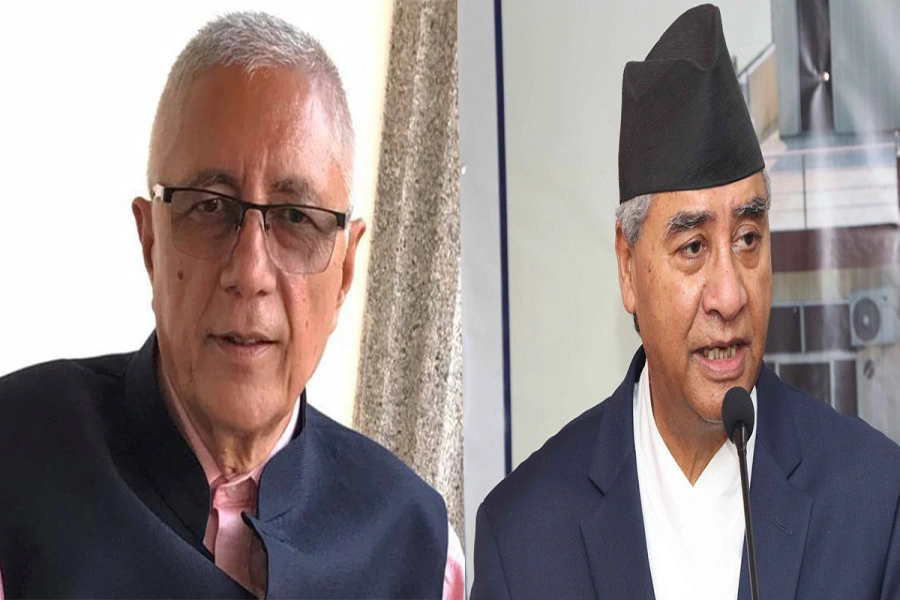KATHMANDU, Dec 27: The Government of Nepal has formed an international negotiation team for handling various multilateral negotiations including climate talks.
The Prime Minister announced this initiative, emphasizing the need for a negotiation team with comprehensive authority. The decision stems from concerns about the changing representation of Nepali delegates at international forums, leading to a weakened presentation on crucial issues, including those discussed during the annual United Nations climate conference.
"An inter-ministerial mechanism and an international negotiation team consisting of experts have been formed and are being mobilized to advocate Nepal's priorities and gather opportunities in multilateral negotiations including those held at the United Nations," said the Prime Minister in his address to the nation on Tuesday.
Popular Gentle, an expert adviser to the Prime Minister on environment and climate change, said that this decision was made in the context of the need for a permanent negotiation team to keep Nepal's agenda strong on climate-related matters.
FCAN forms five-member negotiation team to negotiate with govt

"The expected results can be achieved only by building negotiation teams with international training and building their capacity," says Gentle. In addition, during the speech, the Prime Minister said that the institutional mechanism will be strengthened to increase Nepal's access to carbon trading and climate finance.
"Access to carbon trading and green climate funds related to climate change, loss and damage fund, etc., are being regularly lobbied to increase Nepal's access and get fast support, and the necessary institutional mechanisms are being strengthened in the country," the Prime Minister said.
The Prime Minister also mentioned the ongoing homework of a high-level task force, currently working to recommend reforms and institutional structures for the effective utilization of climate finance in Nepal.
On the one hand, Nepal has not been able to attract climate finance at the expected level and on the other, the climate finance that has been brought into Nepal has not been used effectively.
During his address, the Prime Minister said that the time has come for Nepal to promote the concept of climate justice and equality more effectively and Nepal will attract the world's attention to this issue.
"We will continue to urge the world community to fulfill its obligations to reduce carbon emissions, which are the main cause of the climate crisis, and mobilize climate finance," the Prime Minister said.
Likewise, Prime Minister Dahal has claimed that Nepal's performance in 'COP-28' was different and effective. "The UN Secretary General's visit to Nepal at my invitation and Nepal's presentation at COP-28 in Dubai last month were different and effective," he said.
The Prime Minister argued that by organizing a separate 'sideline' meeting for the first time in the Climate Conference, Nepal has given a message that Nepal will lead the voice of the mountainous countries affected by the climate crisis in the future.
Discussing that Nepal's priorities, interests and mutual cooperation issues have been made clear during his foreign visits as the Prime Minister, the Prime Minister has said that strong and balanced relations have been maintained with India and China.
He also pointed out the international attention drawn to Nepal's presentation on food security and addressing the challenges faced by underdeveloped countries at the World Food Conference in Rome, Italy. Prime Minister Dahal said that the themes presented by Nepal in the United Nations General Assembly and other meetings have received international attention.





































